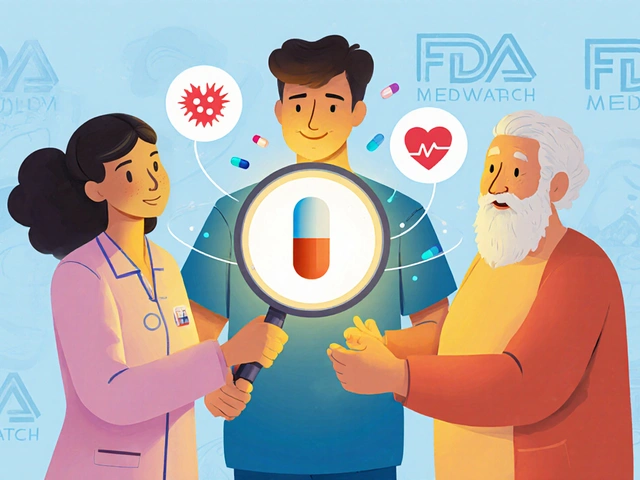Pet Health: Smart, Simple Ways to Keep Your Dog or Cat Well
Did you know small mistakes with medications or supplements can harm a pet fast? If you care for a dog or cat, the basics—safe meds, good food, and watching for warning signs—are where most problems start or stop. Here are clear, usable steps you can use today.
Medication safety for pets
Never give a pet human medicine without talking to your vet first. Dosing is based on weight and species, and some human drugs are toxic to animals. If your vet prescribes a drug, follow the label exactly and keep a record: drug name, dose, time, and any side effects you see.
Buying pet meds online can be okay if you check a few things: the site should require a veterinarian prescription, show a real business address and phone number, and have clear refund and shipping policies. Avoid sites that sell prescription meds without asking for a vet script or that offer prices that seem too good to be true.
Store medications in a locked cabinet away from kids and pets. Keep them in original packaging so you know the expiration date and instructions. If your pet eats a medicine accidentally, call your vet or an emergency clinic right away—don’t wait for symptoms to appear.
Everyday pet health habits
Nutrition affects everything from energy to coat shine. Feed a complete diet made for your pet’s life stage (puppy/kitten, adult, senior). If you’re considering supplements—like fish oil for skin and joint health—ask your vet first. Supplements can help, but the wrong product or dose may cause problems.
Parasite control matters. Regular flea, tick, and worm prevention keeps your pet comfortable and prevents diseases that spread to people. Follow the schedule your vet recommends and use products made for your pet’s species and size.
Watch for these red flags: sudden loss of appetite, vomiting, diarrhea lasting more than a day, coughing, trouble breathing, wobbliness, or sudden behavior change. Early vet care often means a quicker recovery.
Keep simple records: vaccination dates, last deworming, recent illnesses, and current meds. That makes vet visits faster and avoids dosing mistakes. If you travel, carry a copy of your pet’s records and a small first-aid kit with bandage material, tweezers, and any regular meds.
Online resources can help you learn more, but use trusted sites and double-check anything medical with a veterinarian. If you ever feel unsure—about a pill, a supplement, or a strange symptom—call your vet. A quick question can prevent a big problem.
Want more guides on specific meds, supplements, or conditions? Browse our pet health articles and product safety posts to find step-by-step advice and trusted buying tips.
Ever heard your dog or cat making odd hiccup noises and wondered what’s going on? This article unpacks why pets get hiccups, what triggers them, and if you need to worry. You’ll learn how to spot when it’s normal and when it needs a vet visit. There’s also simple advice for treatment at home and smart ways to keep hiccups from happening. By the end, you’ll feel a lot more confident dealing with pet hiccups.
View Details

